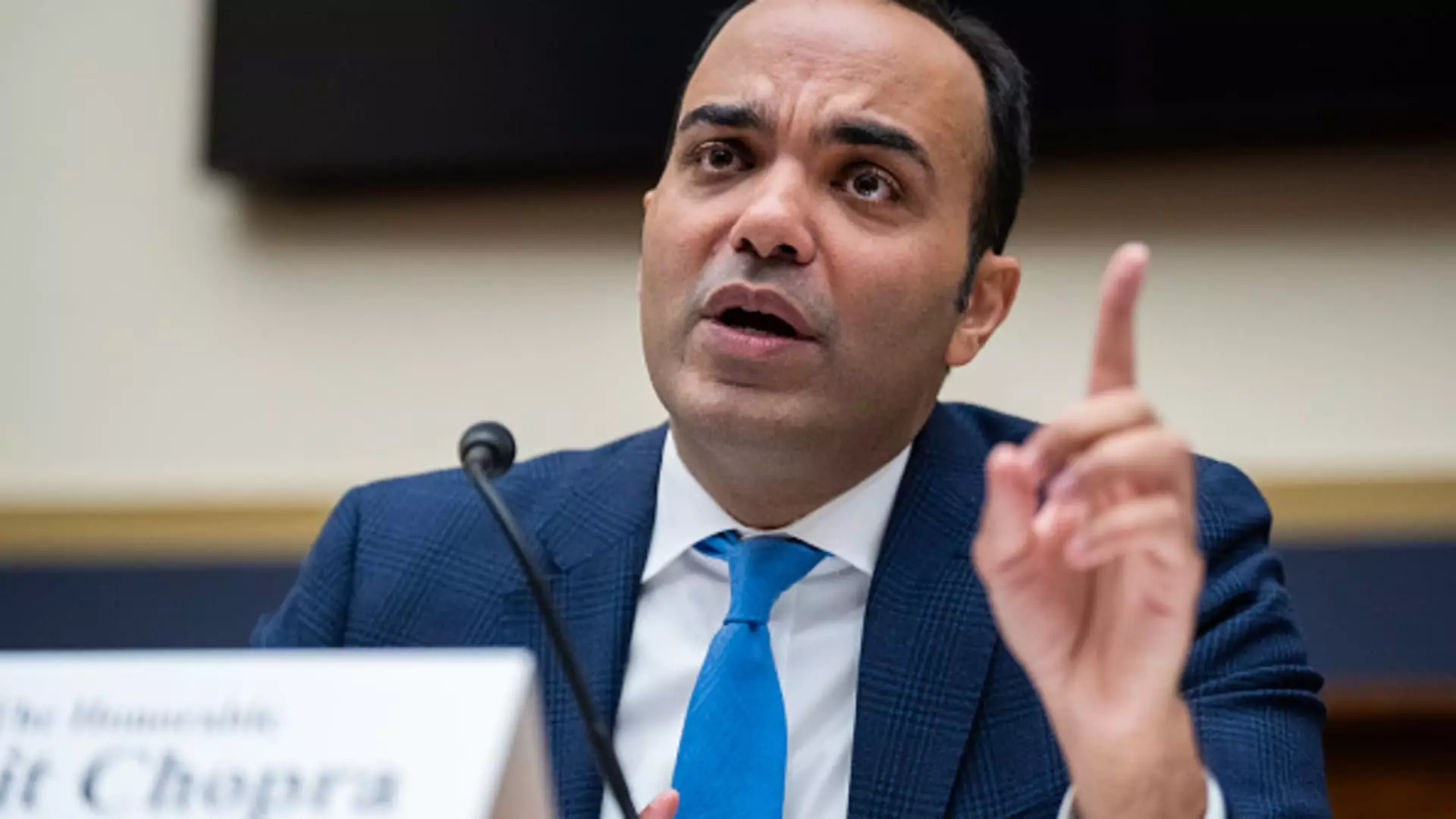The Consumer Financial Protection Bureau recently announced that customers of buy now, pay later services will now receive the same federal protections as users of credit cards. This decision marks a significant shift in the way the BNPL industry is regulated, bringing it under the umbrella of the decades-old Truth in Lending Act. This move has far-reaching implications for fintech firms like Affirm, Klarna, and PayPal, which currently dominate the market.
Under the new interpretive rule unveiled by the CFPB, BNPL lenders are now required to adhere to the same standards as traditional credit card providers. This means that customers can expect refunds for returned products or canceled services, investigations into merchant disputes, payment pauses during these investigations, and fee disclosures on bills. CFPB Director Rohit Chopra emphasized the importance of ensuring that consumers are protected under existing laws and regulations, regardless of the payment method they choose.
The CFPB’s decision to investigate the BNPL industry stems from concerns about the rapid growth of digital installment loan services. Chopra expressed worries that some consumers may be taking on more debt than they can handle, highlighting the need for increased oversight and regulation in this space. The agency aims to level the playing field for all financial service providers and prevent BNPL firms from sidestepping consumer rights enshrined in the law.
Industry Response
While many BNPL providers already offer refund and dispute resolution services, the new rule aims to ensure consistent application of these protections across the industry. Some companies in the sector have expressed concerns about the increasing regulations, with Klarna arguing that their no-interest product poses less risk to consumers than traditional credit cards. However, the CFPB remains steadfast in its commitment to safeguarding consumers and promoting transparency in financial services.
As the new rule comes into effect in 60 days, BNPL providers may face challenges in adapting to the increased regulatory scrutiny. The industry’s resistance to the rule raises the possibility of legal challenges, similar to those faced by payday lenders in the past. It remains to be seen how BNPL companies will navigate these new regulations and whether they will comply with the CFPB’s requirements going forward.
The decision by the Consumer Financial Protection Bureau to extend federal protections to buy now, pay later customers marks a significant milestone in the regulation of the financial services industry. By holding BNPL providers to the same standards as credit card companies, the CFPB aims to protect consumers and ensure fair treatment across all payment methods. As the industry continues to evolve, it will be essential for regulators and companies alike to work together to create a more transparent and secure financial landscape for all consumers.


Leave a Reply